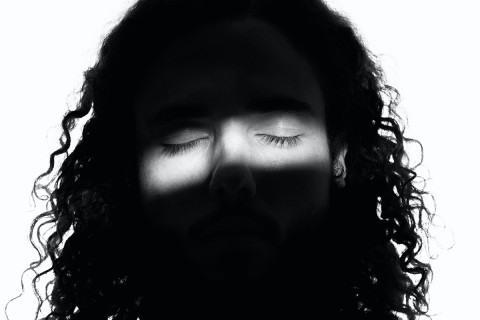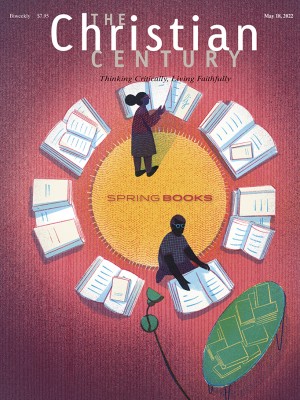The courage to admit that we have blind spots
This acknowledgment is at the heart of Christianity.

Generally speaking, we don’t like to admit mistakes any more than we like to make them. Shame messes with our fragile egos. Many people see little upside in acknowledging any behavior that might portray them in a negative light.
Sam Maglio and Taly Reich wanted to see if they could flip this perspective. Both are associate professors of marketing, Maglio at the University of Toronto Scarborough and Reich at the Yale School of Management. What they found through their research in the world of online purchasing was that customers who admitted in their customer reviews to making a previous purchasing mistake actually garnered more trust and respect from would-be buyers than those who wrote reviews without mention of a mistake in their purchasing experience.
Through lab experiments involving customer choice between different headphone brands, florist services, and breath mints, each participant was shown one of two reviews. The reviews were identical in nature, except in one of them the reviewer expressed personal dissatisfaction with a previous purchase. Instead of judging negatively those who admitted to a previous mistake through the public forum of an online review, a high percentage of potential purchasers were attracted to their advice. Reflecting on the research, Reich said, “We would probably have a better world if we could take the shame out of admitting and learning from our mistakes.”
Read our latest issue or browse back issues.
Life begins when we learn from our failures, a popular adage has it. I wonder, though, if life really takes off when we admit our failures. The first step of the 12-step program is admitting powerlessness and failure in overcoming an addiction. Good public defenders know that clients able to acknowledge personal mistakes have a better chance of being honest with themselves. The courage to admit wrong is at the heart of Christianity as well, a humility that, for many, brings forgiveness to life.
In this issue, James K. A. Smith points to Reinhold Niebuhr’s fascinating combination of prescience and what Smith calls “gaping blind spots.” This giant of 20th-century theology was a regular critic of failure in American policy and public life, yet he also struggled to see, for example, certain injustices that weren’t impinging directly on his life. The irony of such a brilliant thinker being unable to spot particular weaknesses in our nation’s history shouldn’t be lost on any of us.
Perhaps a prior step to admitting mistakes that our nation has made would be to acknowledge the limits of our own vision. Much like Christians who confess things done and left undone, our reckoning with societal shortcomings ought to involve what we see and don’t see. Only if we commit to trying to discover the blind spots in our understanding will we find them.
As but one example, contemplate the irony of the Statue of Liberty. Liberty is depicted as a woman in a time when women didn’t even have the right to vote. The 1883 Emma Lazarus poem on the statue’s pedestal, identifying America’s warm embrace of the outsider, hardly represented what African Americans felt at the time. In a striking dissonance, Chinese laborers helped build the statue’s base—just a year after the blatantly racist Chinese Exclusion Act was passed.
Gaping blind spots in all our perspectives are inevitable. It’s admitting to their presence that’s the beginning of a better world.
A version of this article appears in the print edition under the title “Naming our blind spots.”






